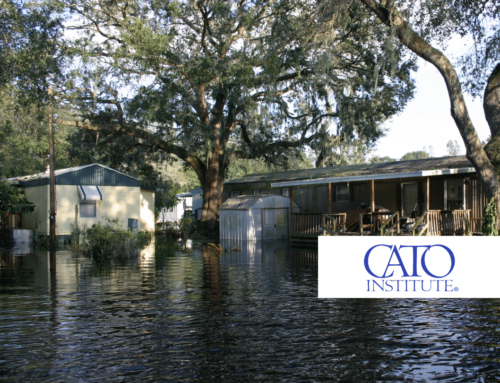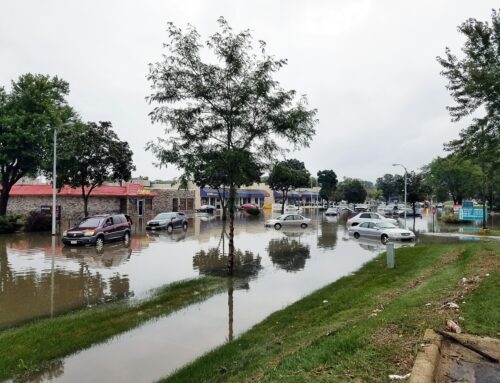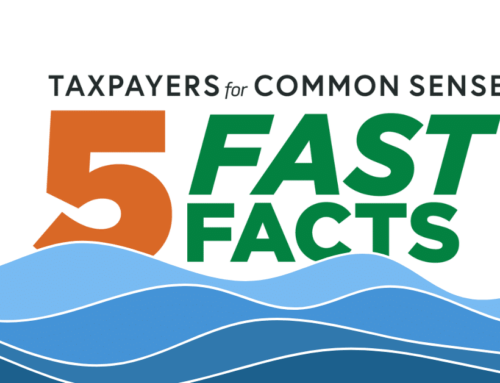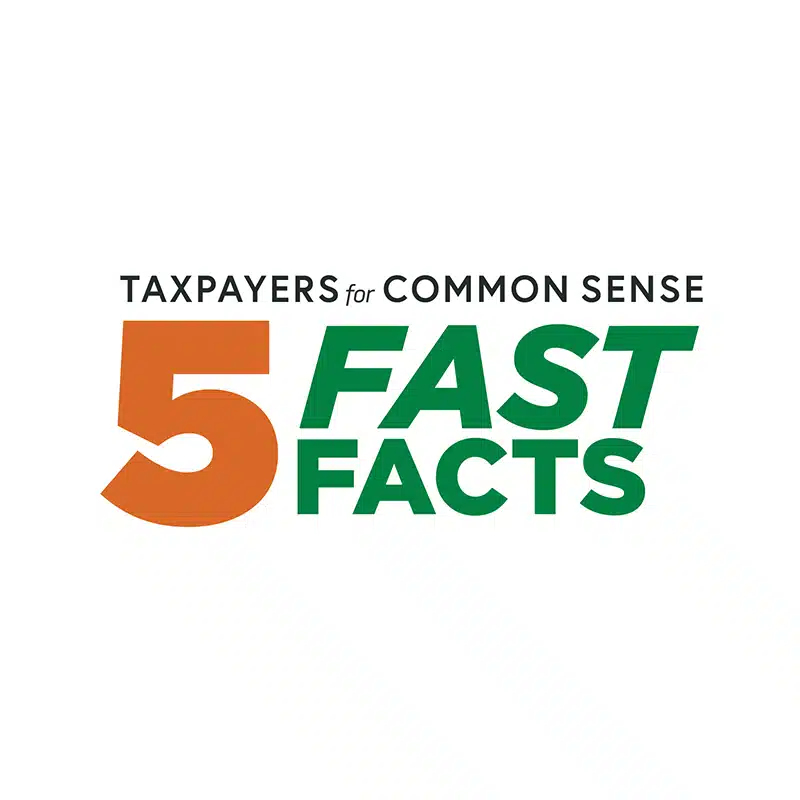Our organizations strongly oppose S. 728, the Water Resources Development Act of 2005 (WRDA 2005). This legislation includes more than $17 billion worth of projects and policy changes for the U.S. Army Corps of Engineers, including one project that will waste more than $3 billion on the Upper Mississippi River alone. Additionally, ourorganizations are concerned that this legislation not only fails to strengthen taxpayer protections but actively weakens existing protections such as requiring a rigorous quantitative benefit-cost analysis of Corps projects.
Over the last several years, numerous independent entities such as the U.S. Army Inspector General, the Government Accountability Office, and the National Academy of Sciences (NAS) have found that the Corps of Engineers has manipulated project studies to justify economically dubious projects. But instead of adopting recommendations to strengthen and modernize the agency, S. 728 abandons core economic and policy principles to grease the way for wasteful projects. At a minimum, Congress should consider protections such as increased cost-sharing, a better benefit-cost ratio requirement, and an improved process to weed out the Corps’ $58 billion project backlog.
A prime example of the troubled Corps planning process is the multi-billion dollar Upper Mississippi River navigation and environmental restoration project. In 2001, the Army’s Inspector General confirmed that senior U.S. Army Corps of Engineers officials ordered an agency economist to exaggerate the benefits of the multi-billion dollar navigation project on the Upper Mississippi River. Since then, three panels of the NAS have found that the Corps continues to use economic methods that exaggerate project benefits.
Despite economic data that support low-cost alternative solutions such as traffic scheduling and tradable lock permits, project boosters continue to push the gold-plated new navigation locks. While traffic on the Mississippi has been flat for more than two decades and traffic entering the river reached a 42-year low in 2003, the Corps implausibly assumes that river traffic will grow dramatically in the coming decades.
Unfortunately, the Upper Mississippi locks project is just another example of the wasteful, pork barrel approaches that emerge from a defective Corps study process. We strongly urge you to support amendments to include important taxpayer protection reforms in WRDA 2005. If you would like to discuss this issue further please contact Steve Ellis, Taxpayers for Common Sense Action at 202-546-8500 ext. 126 (steve@taxpayer.net) or John Berthoud, National Taxpayers Union at 703-683-5700 or David Williams, Council for Citizens Against Government Waste at 202-467-5300.
Jill Lancelot
President/Co-Founder
Taxpayers for Common Sense Action
John Berthoud
President
National Taxpayers Union
Thomas Schatz
President
Council for Citizens Against Government Waste











Get Social